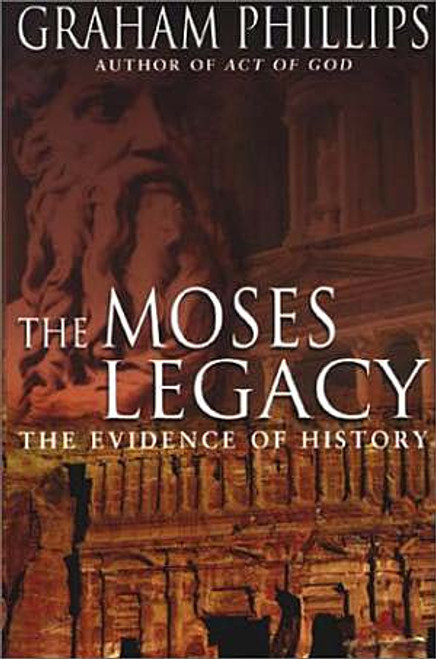How and where did life begin? Is it a chemical fluke, unique to Earth, or the product of intriguingly bio-friendly laws governing the entire universe? In his latest far-reaching book, "The Fifth Miracle," internationally acclaimed physicist and writer Paul Davies confronts one of science's great outstanding mysteries -- the origin of life. Davies shows how new research hints that the crucible of life lay deep within Earth's hot crust, and not in a "warm little pond," as first suggested by Charles Darwin. Bizarre microbes discovered dwelling in the underworld and around submarine volcanic vents are thought to be living fossils. This discovery has transformed scientists' expectations for life on Mars and elsewhere in the universe. Davies stresses the key role that the bombardment of the planets by giant comets and asteroids has played in the origin and evolution of life, arguing that these "deep impacts" delivered the raw material for biology, but also kept life confined to its subterranean haven for millions of years.
Recently, scientists have uncovered tantalizing clues that life may have existed and may still exist -- elsewhere in the universe. "The Fifth Miracle" recounts the discovery in Antarctica of a meteorite from Mars (ALH84001) that may contain traces of life. Three and a half billion years ago, Mars resembled Earth. It was warm and wet and could have supported primitive organisms. Davies believes that the red planet may still harbor microbes in thermally heated rocks deep below the Martian permafrost. He goes on to describe a still more startling scenario: If life once existed on Mars, might it have originated there and traveled to Earth inside meteorites blastedinto space by cosmic impacts? Conversely, did life spread from Earth to Mars? Could microbes have journeyed even farther afield inside comets?
Davies builds on the latest scientific discoveries and theories to address the larger question: What, exactly, is life? Davies shows that the living call is an information-processing system that uses a sophisticated mathematical code, and he argues that the secret of life lies not with exotic chemistry but with the emergence of information-based complexity. He then goes on to ask: Is life the inevitable by-product of physical laws, as many scientists maintain, or an almost miraculous accident? Are we alone in the universe, or will life emerge on all Earthlike planets? And if there is life elsewhere in the universe, is it preordained to evolve toward greater complexity and intelligence? On the answers to these deep questions hinges the ultimate purpose of mankind -- who we are and what our place might be in the unfolding drama of the cosmos.
Editorial Reviews
"Paul Davies has been writing excellent books about science for so long that it is hard to believe that he is still getting better. But on this evidence, he is....Davies succeeds not only in being provocative and controversial, but in maintaining the rigorous scientific approach of the physicist. He also uses his writing skills to bring a fascinating but largely unsung idea into the limelight....Delightful." —John Gribbin author of Companion to the Cosmos
"Davies makes a persuasive case that advances in biology and astronomy are turning the origin of life from a mystery into a solvable problem....If you are going to read only book on the origin of life, seriously consider this one....I will not be surprised if the first astronaut who drills into the Martian permafrost looking for life will be brought there by a great fascination first kindled when her parents gave her this book." —The New York Times Book Review
"In 1966, NASA scientists announced that they had detected evidence of microbial life in a Martian meteorite. In 1977, researchers discovered bizarre biological organisms living near hydrothermal vents in the deep ocean. What do these two events have in common? Possibly, they offer an explanation for the origin of life on Earth and even elsewhere in the universe. This subject is somewhat of a departure for Davies, who has written several books popularizing physics, astronomy, and the philosophy of science. Still, nobody is better at the simple art of explanation, and this skill serves Davies well in tying together so many diverse strands of theory. Other books have dealt with aspects of this subject....but Davies connects them admirably." —Library Journal
"In The Fifth Miracle, Paul Davies presents a learned, lucid, and highly thought-provoking account of how far scientists have come in addressing the mystery of how and where life began, and how much remains to be discovered." —Michael D. Lemonick author of Other Worlds
About the Author
Paul Davies is an internationally acclaimed theoretical physicist and the author of The Fifth Miracle, About Time, God and the New Physics, The Mind of God, and many other popular books. In 1995 he won the prestigious Templeton Prize for his work on the philosophical meaning of science and was recently awarded the Kelvin Medal by the UK Institute of Physics. Davies lives in Australia and frequently travels, teaches, and lectures in the United States.







